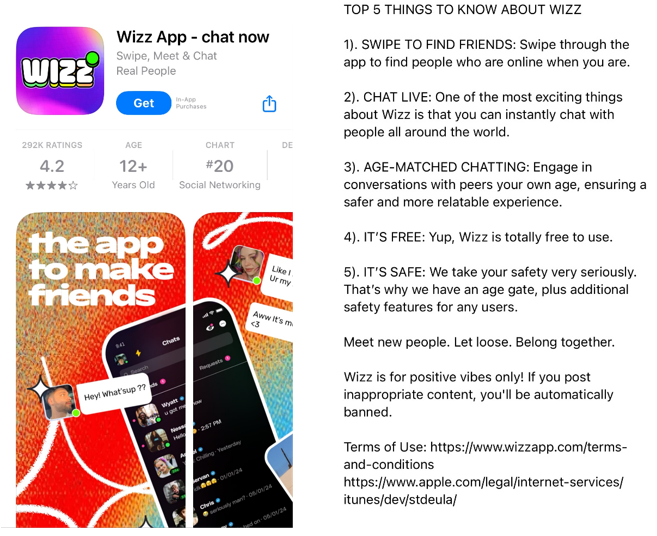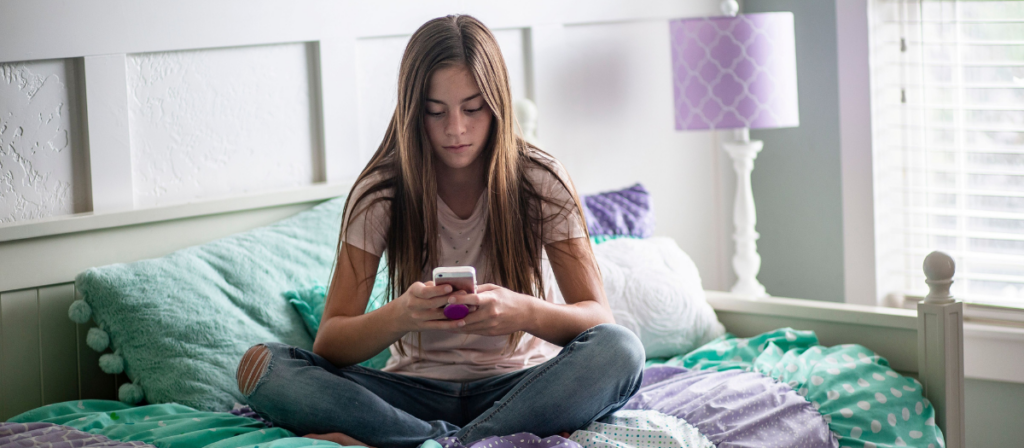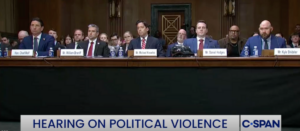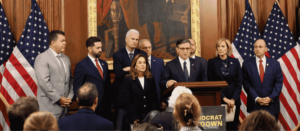Two-thirds of parents in the U.S. say raising children today is harder than it was twenty years ago—and most blame technology.
A recent New York Post headline shows why: “Wizz is like ‘Tinder for kids,’ as teens use the app to hook up while adult predators lurk.”
But the real headline is that this story is not just about one dangerous app. It is about a broken system—one that allows tech giants to profit from apps marketed to minors without any real accountability when those apps lead to grooming, exploitation, or abuse. Until that changes, these stories will keep repeating.
While Instagram, TikTok, and Snapchat monopolize headlines and dominate Congressional hearings, more than ten thousand new apps come online every week. Most of them, no one will ever hear about … until it is too late.
Wizz is marketed to users aged 12-18 as a way to meet new friends who share common interests. In practice, it functions more like a teen version of Tinder (the world’s most popular free adult dating app), complete with profile swiping and private messaging that connects minors with total strangers. Those same features have made it a virtual hunting ground for predators.
According to the New York Post:
- “In 2024, Florida’s Department of Law Enforcement arrested a 20-year-old man for using a computer to solicit a minor, after an investigation revealed he was speaking to a 14-year-old girl on Wizz while purporting to be 16.”
- “In Washington, a 23-year-old man was charged with rape earlier this year after meeting up with a 12-year-old girl on Wizz. The victim told police he claimed to be 15.”
- “A 19-year-old Marine in Hawaii was charged with sexually assaulting an 11-year-old girl he met on the app. And a 27-year-old Chicago man is facing charges for sexually assaulting several teenage girls he met on Wizz while also pretending to be a teen.”
Gen Z users have recently started coming forward to share their experiences of being sexualized and propositioned while using the app. Some teens described the app as “literally people trying to hook up.” Others said they were flooded with explicit messages minutes after joining. One British mother told The Sun her 12-year-old daughter received more than a thousand sexual messages within days of signing up.
Any social media platform targeted specifically to young users is ripe for abuse, and problems with this app were well known to both Apple and Google. In early 2024, Wizz was briefly removed from Google Play and the Apple App Store due to “Concerns about the alleged use of Wizz in sextortion scams.” Yet it quickly returned, still rated 12+, still promoted to minors, and now boasting more than 16 million users, including nearly 4 million daily active users.

How does this happen?
Parents generally assume that if an app is available in the App Store and listed as “12+,” it has been vetted for safety. In reality, app stores do little beyond screening for malware or obvious illegality. They rely on developers’ self-reported age ratings and safety claims which are often superficial or downright deceptive.
The Wizz app boasts, “IT’S SAFE: We take your safety very seriously. That’s why we have an age gate, plus additional safety features for any users.” Those “features” include facial age verification tools which online safety advocates have shown are easily bypassed.
These app stores have created a high-risk, low-accountability environment with almost no meaningful oversight.
For twenty years Congress has turned a blind eye to repeated abuses and negligent behavior from the Tech industry. Silicon Valley promised to self-regulate, and in return, they were granted blanket immunity under Section 230 of the Communications Decency Act of 1996. Why? Because, we were told, for America to be tech leaders in the global economy, innovation and entrepreneurship should not be hamstrung by regulation or litigation.
Our children are now bearing the costs of that disastrous policy decision: skyrocketing rates of depression and suicidality; sextortion, exploitation and abuse; self-harm and anorexia. The known mental-health consequences are deep and wide.
Voluntary guidelines are not working. Accountability is overdue. Congress must pass the App Store Accountability Act.
This bipartisan proposal would finally bring oversight and transparency by holding app store operators responsible for the apps they distribute, requiring greater transparency about how apps collect data, how they moderate user interactions, and what age groups they truly target.
It would also create a clear line of accountability when an app marketed to minors facilitates grooming, exploitation, or harassment. It would ensure that companies benefiting from child-facing platforms can no longer shrug off responsibility for the products they promote and from which they profit.
Parents have been told for too long that “digital safety” is their job alone—that if they just did a better job of monitoring their child’s digital activity, install one more filter, or read one more guide, their kids will be fine. But parents cannot compete with an industry that builds its fortune on opacity and self-reporting.
Every week, thousands of new apps appear—each one a potential gateway to exploitation unless we demand accountability. The App Store Accountability Act will not solve every online danger, but it will end the era of Big Tech policing itself. It is time to tell Apple, Google, and every platform profiting from children’s online lives: If you profit from kids, you bear some responsibility for protecting them.






